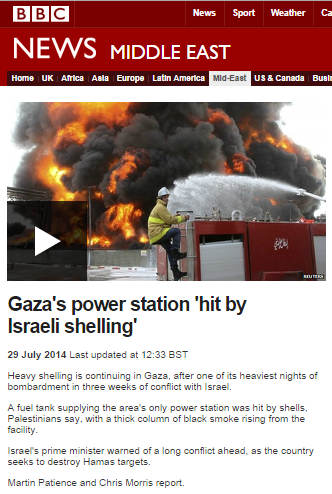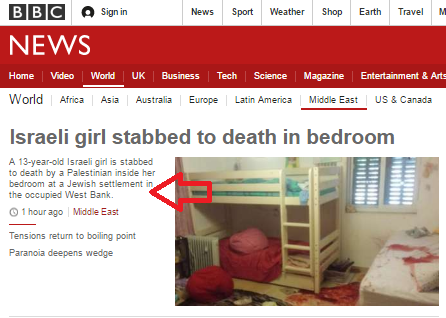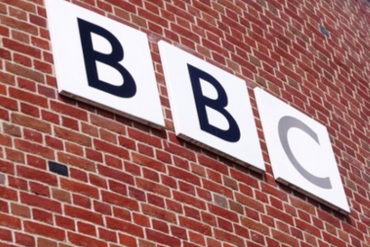h/t EoZ
On page 169 of the recently released MFA report on Operation Protective Edge we find the following:
“Even when munitions directed at military targets unintentionally hit civilian objects, the collateral damage caused does not by itself render the attack unlawful. Such was the case with the IDF tank shells that on July 29 unfortunately missed their intended target and hit fuel tanks serving Gaza’s power plant (but not the power plant itself). In this incident, IDF tank forces had legitimately directed an attack against several individuals who were believed to be carrying anti-tank rockets intended for immediate use.” [emphasis added]
As readers may recall, BBC audiences received extensive coverage of that incident –and whilst the all-important context of the legitimate military target was not available at the time, BBC reporters did not hesitate to convey their own speculations on its background, as shown in the couple of examples below.
“And it is Gaza’s only power plant so there are electricity cuts in Gaza City, there could be problems with water supply because many of the area’s water pumps also rely on that power plant. So if that was a deliberate Israeli attempt to cause economic pain – which is certainly how most Palestinians will see it – then it could be fairly successful.” – Chris Morris, BBC WS ‘Newshour’, 29/7/14.
“Israel wants to weaken Hamas any way it can, which includes hitting Gaza’s only power station – adding to the misery of those who live here.” – Ian Pannell, BBC television news and BBC News website, 29/7/14.
This is of course far from the first time (see ‘related articles’ below) that claims made by BBC journalists during the conflict between Israel and Hamas in July and August 2014 – many of which are still available in the public domain – have been shown to be inaccurate.
To date the BBC has made no effort whatsoever to correct the inaccurate information communicated to its audiences by journalists who – at best – failed to source the full range of information before appearing on air and promoting conclusions based on their own pre-existing prejudices.
Related Articles:
The BBC and the ‘destroyed’ Gaza power plant
BBC claims that Israel targeted a centre for the disabled in Gaza shown to be inaccurate
BBC reports on Wafa hospital shown to be inaccurate
Revisiting BBC reporting of civilian deaths in Gaza on July 28th 2014
Revisiting BBC reporting on July 2014 Shuja’iya market incident
BBC News passes up on the chance to correct Gaza misinformation



